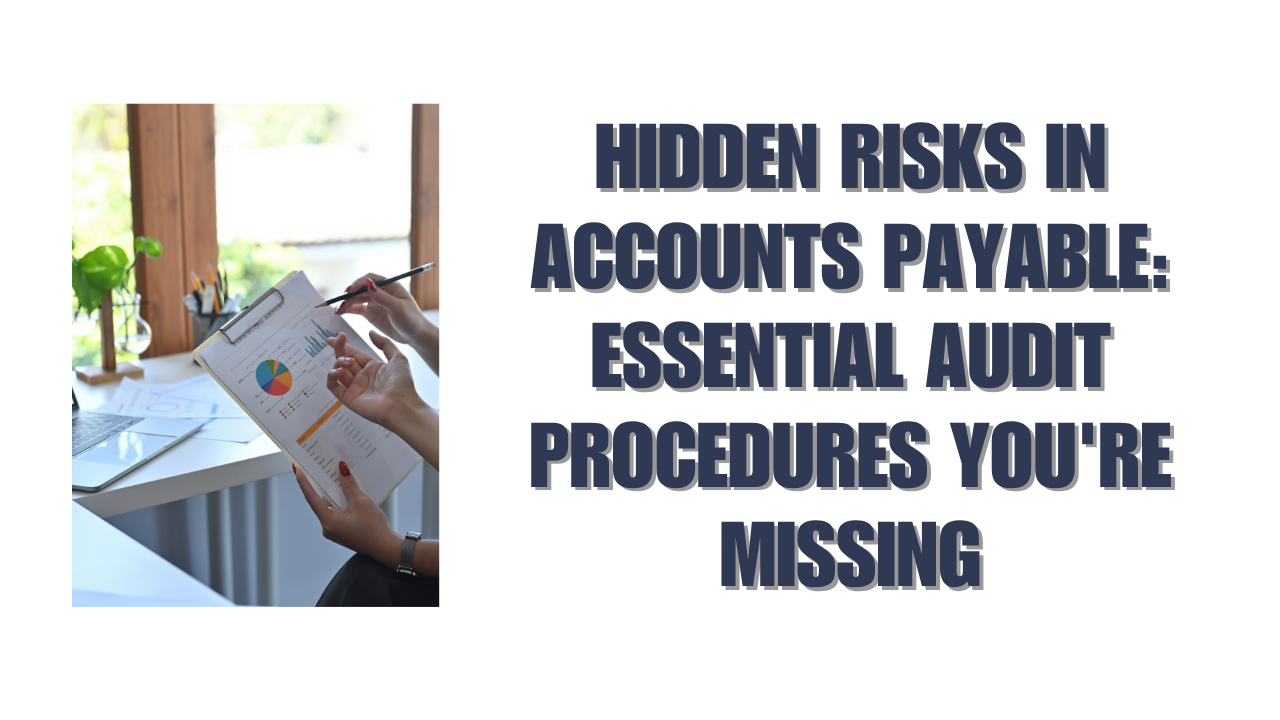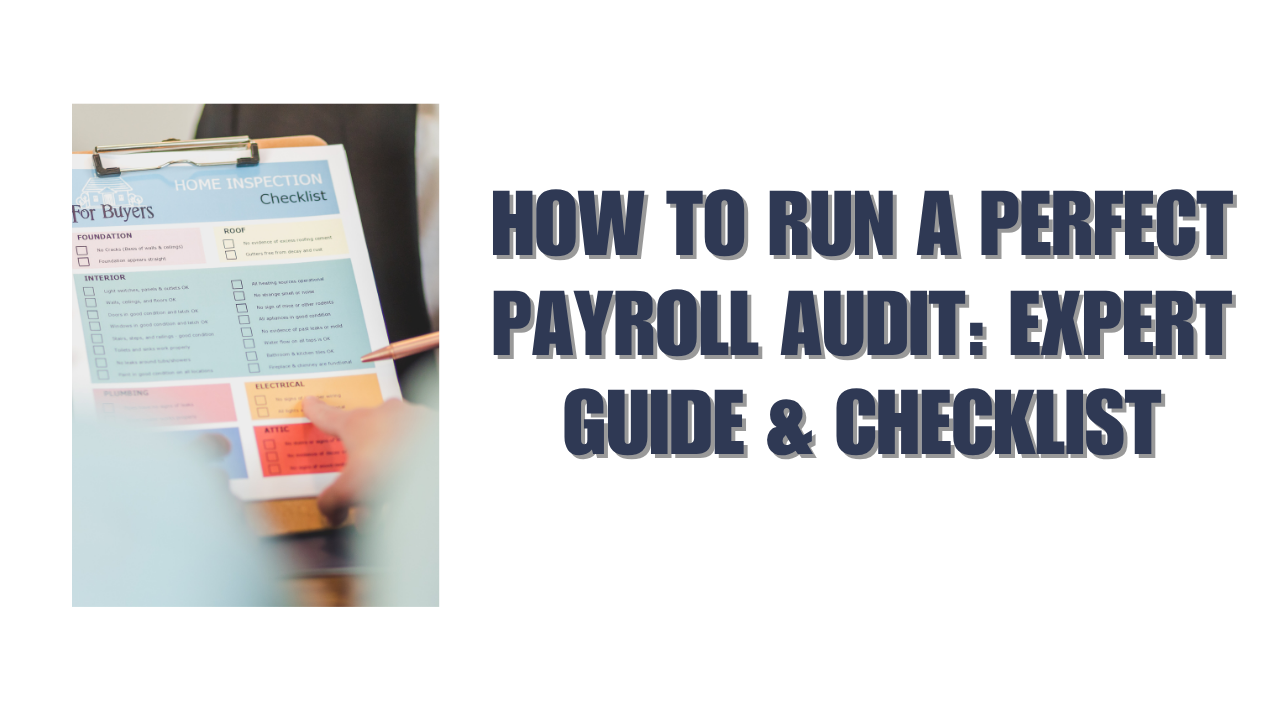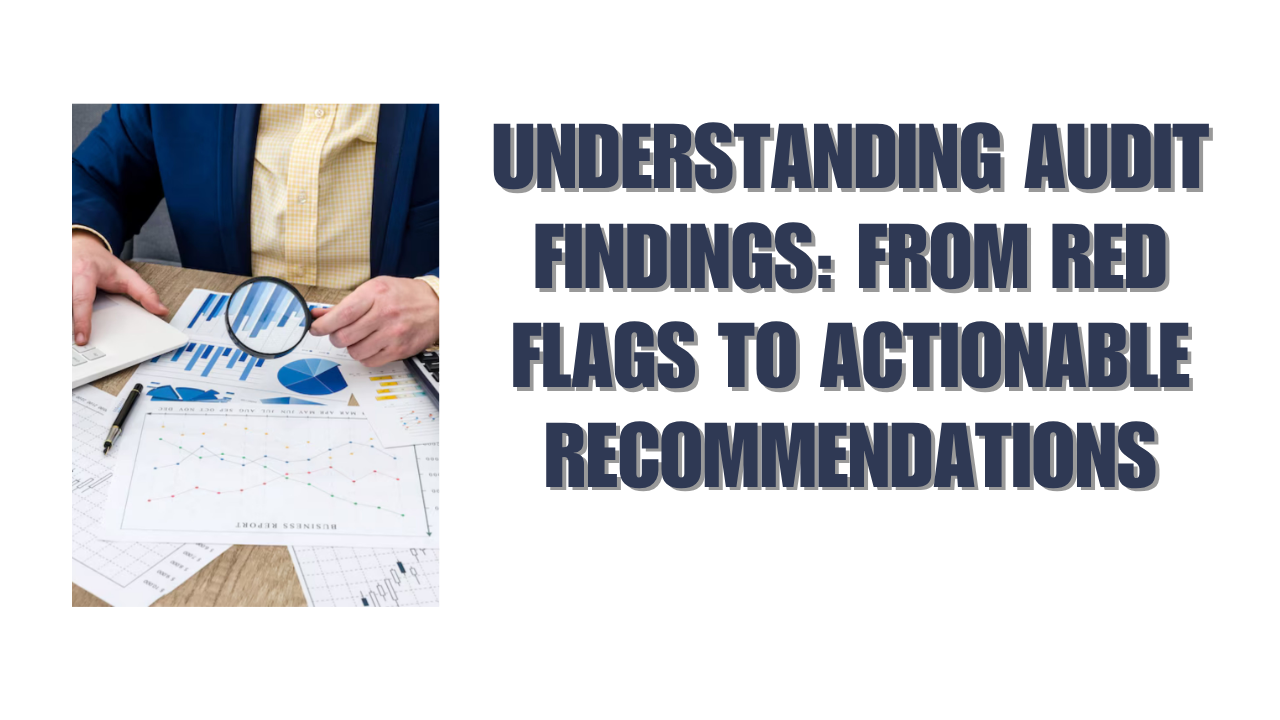Nonprofit organizations benefit greatly from working with charity auditors based in New Zealand who help them achieve transparency along with trust-building and legal and financial compliance. Nonprofits need donor confidence along with regulator and stakeholder trust to execute their vital social impact work efficiently. Professional charity auditors assist organizations to enhance financial accountability while achieving operational excellence leading to long-term sustainability.
Ensuring Compliance with Legal and Regulatory Requirements
Charity auditors play a crucial role in ensuring that New Zealand charities uphold all provisions of the Charities Act 2005 and maintain compliance with Public Benefit Entity Standards (PBE Standards) along with the Act. Their expertise in confirming financial reports and operational executions within the legal framework helps charities avoid penalties and potential breaches, thereby maintaining their registered status and preventing issues.
Through systematic audits, charities develop defensive capacities against forthcoming regulatory transformations. Auditors actively help organizations transform their operations based on evolving laws, implementing proactive strategies to preserve operational stability and maintain compliance. These future-oriented practices not only protect charity reputations but also create lasting operational expansion through fundraising market competition.
Building Donor Trust and Confidence
The entire financial strength of a charitable organization depends on the trust its donors place in its operations. Audited financial statements, a product of the professional work of charity auditors, provide the necessary proof of financial accuracy and transparency. When donors see these audited accounts showing a charity’s operation with ethical standards, they gain trust that leads to both present and future financial support.
Organizations commonly need audited financial statements to obtain donations and grants, including large sums of money. Philanthropic organizations, together with funding agencies, demand financial transparency as a necessary step for resource distribution before they grant support. Professional charity auditors help nonprofits fulfill their donors’ expectations, which maintains continuous financial support.
Enhancing Financial Transparency
Financial transparency remains essential to building strong stakeholder relationships because it involves donor organizations, grant providers, and regulatory authorities. The work of charity auditors includes exhaustive financial record scrutiny, which proves every organization’s transaction’s accurate documentation and accounting.
Charities gain the ability to find which operational parts need improvement through clear financial document disclosure. Auditors supply helpful information about how organizations can manage their costs together with how they allocate their resources and optimize operational efficiency. Charities improve their foundation for growth and achievement by adopting transparent practices.
Identifying and Mitigating Financial Risks
Organizations that serve as charities share the same possibility of discovering financial risks that may stem from fraud or mismanagement of funds and operational inefficiencies. Through thorough assessments, charity auditors detect these risks, which they follow by guiding and controlling their exposure to them. Auditors help organizations identify potential weaknesses in internal controls and financial systems that could lead to significant issues.
The management of risks represents a fundamental necessity for charities that hold great amounts of public funding while operating under challenging regulatory standards. Healthcare organizations achieve financial security together with operational sustainability through collaborating with qualified auditors who develop strong security protocols.
Supporting Strategic Decision-Making
Strategic planning depends on precise financial data, which remains dependable. Audited financial reports from charity auditors deliver essential information that helps charitable organizations make strategic choices about their budgeting needs as well as their scope of services and operational efficiency. Auditors enable charities to match their strategies precisely to existing financial conditions through their insight into financial developments and new prospects.
The dynamic nonprofit sector of New Zealand demands organizations adjust their operations when conditions change successfully. Audited financial statements present organizations with a transparent financial profile that helps leaders both overcome difficulties and capture new opportunities effectively. The strategic advantage created by auditing allows the charity to stay on course with its mission while maximizing impact.
Strengthening Governance and Accountability
A hallmark of well-governed charities exists through auditing systems that make the achievement of good governance possible. Through financial practice examination alongside internal control assessments, auditors establish organizational responsibility toward their actions. Management and staff accountability, along with volunteer transparency, reinforces the ethical standards of the organization.
Through strong governance systems, charitable organizations build superior reputational standing with their stakeholders. Organizations building a commitment to accountability and integrity receive higher support from donors as well as greater regulatory compliance and increased beneficiary approval. Through auditor engagement, nonprofits gain stronger governance frameworks as they build trust in their communities.
Preparing for Growth and Expansion
Nonprofit organizations face complex financial arrangements and reporting tasks when their volume expands. Professional charity auditors enable organizations to maneuver complex situations by making sure their financial practices adjust properly as their operations grow. Auditors help support sustainable growth through their fundamental work of implementing strong protection systems alongside regulatory compliance guidance.
In pursuit of operational growth, charities commonly pursue new funding opportunities or aim to develop their existing programs and services. Major donors, together with government grants and corporate sponsorship, require audited financial statements for successful application. Accountable financial stewardship enables charities to build enduring success pathways in their industry.
Promoting Ethical Practices
Nonprofit organizations function best when ethics and accountability provide their operational foundation. Financial practices from charities can be confirmed through ethical standards by charity auditors who perform regular checks. Accomplishing comprehensive ethics excellence results in both operational strengths along with improved public recognition of the charity organization.
The practice of ethics extends directly to the engagement of donors. Audited financial statements display complete fund usage details, which allow donors to witness specific results their money makes possible. By offering complete transparency between charities and their donors, the relationships grow more connected, which creates lasting loyalty between supporters.
Conclusion
The strategic decision to bring in a charity auditor in New Zealand results in substantial advantages for organizations. The implementation of professional auditing services provides nonprofits with the tools they need to achieve mission success through enhanced compliance records, transparent operations, effective governance standards, and strategic growth support. Auditors achieve sustainable charitable success through effective donor relationship building along with risk mitigation and the practical promotion of ethical processes.
For expert auditing services tailored to the unique needs of charities in New Zealand, visit Aurora Financials. Our organization provides virtual CFO services together with auditing and assurance alongside accounting, financial reporting, tax consulting, NZX-related services, valuation services, risk management, and compliance measures. Our team will help guide you through financial challenges while assisting your organization to reach its targets.
FAQs
1- Why should New Zealand charities hire a professional charity auditor?
Hiring a charity auditor ensures compliance with the Charities Act 2005, enhances transparency, builds donor trust, mitigates financial risks, and supports strategic growth and governance.
2- How do charity auditors help build donor trust and confidence?
Charity auditors verify financial statements, demonstrating ethical fund management and transparency, which reassures donors and encourages ongoing financial support.
3- What role do charity auditors play in mitigating financial risks?
Charity auditors identify risks like fraud, fund mismanagement, and operational inefficiencies, providing solutions to safeguard the organization’s financial health and reputation.
4- How do charity auditors support strategic decision-making?
By providing audited financial data, charity auditors offer insights into budgeting, resource allocation, and growth opportunities, enabling informed decision-making aligned with the charity’s mission.
5- How can charity auditors prepare nonprofits for growth and expansion?
Charity auditors ensure financial practices align with expanding operations, help secure funding through audited statements, and implement robust systems to support sustainable growth.






